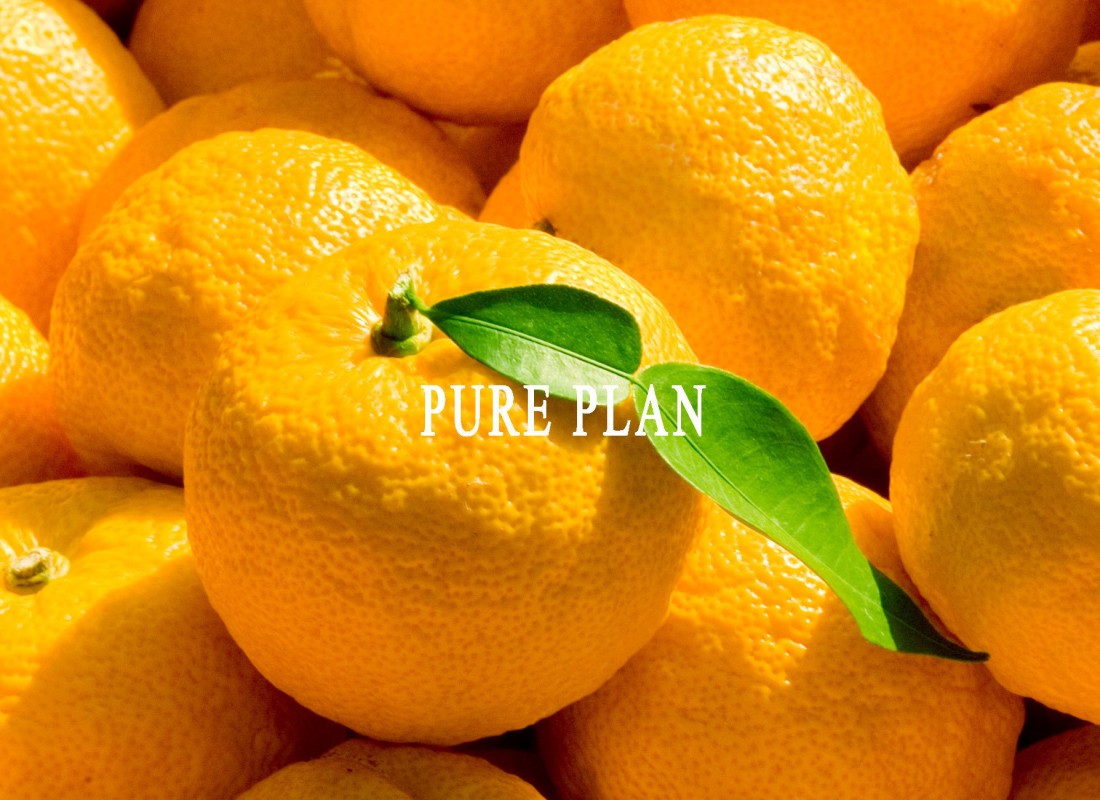Korean Citron
About Korean Citron : 유자(Yuza)
The citron is a fruit of the citron tree, having a yellow ball-shaped shell with a bumpy, soft pulp and strong sour taste. Because of the strong sour taste like lemon and lime, citron is a fruit that is hard to eat raw.
Yuja is known to have been produced since 700 AD. Jang Bogo, the king of the Silla Sea, came to Korea around 840 AD from the upper reaches of the Yangtze River in China and is currently being produced in Goheung-gun, Wando-gun, Jangheung-gun, Jindo-gun, Haenam-gun, Geoje-si, Namhae-gun, and Tongyeong-si. Among them, Goheung yuja is registered as Korea Geographical Indication No. 14.
The citron belongs to Unhyang, tangerine, and is highly resistant to cold and disease-resistant compared to other tangerines. Also, it contains a lot of vitamin C, minerals, organic acids, pectin, and physiological active substances, while it has a strong sour taste and is more versatile as it is processed rather than reproduced.
In Korea, citron shells are commonly cut into small pieces and consumed in the form of sugars made in a 5:5 ratio with sugar. It is used in various ways, including condiments, beverages, jams, confectionery, and candies, using its unique and refreshing citrus scent.
Given that vitamin C is recommended at least 70 milligrams a day, yuja is like a 'report of Vitamin C'. That's why citron is effective in preventing colds and beautifying skin.
